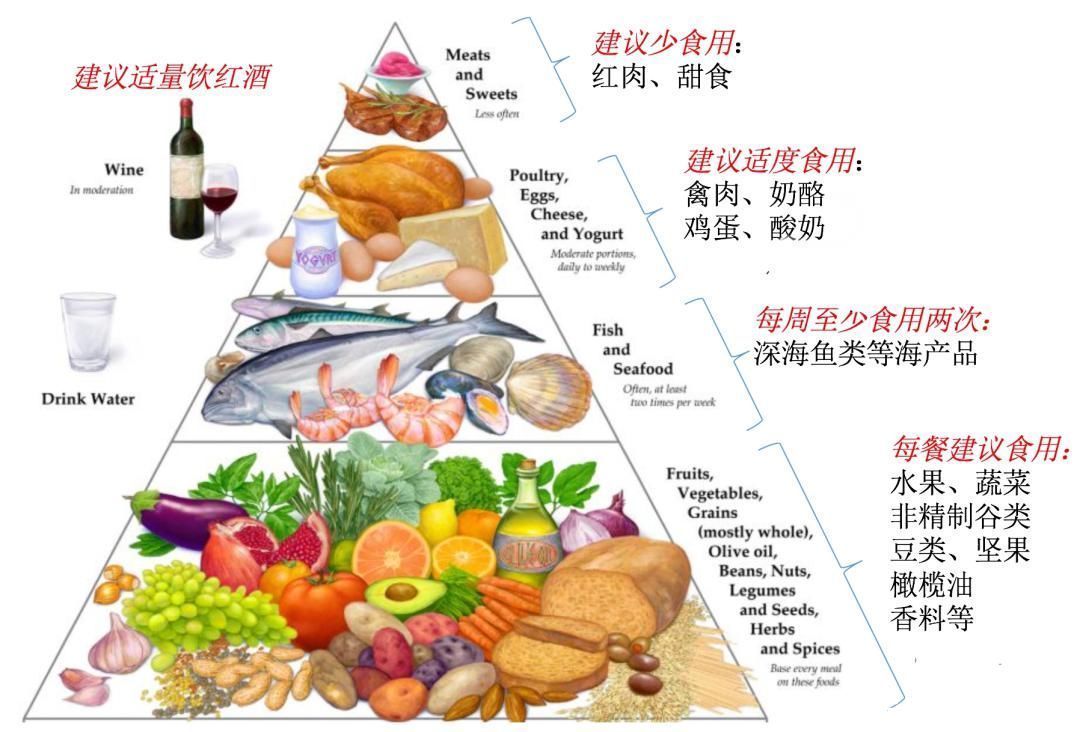Ms. Wu from Changsha found that her mother, 65-year-old Grandma Peng, became more and more forgetful, and she would forget what she just said when she turned around; Sometimes I get lost, and sometimes I can’t even pronounce my name… Worried that my mother might suffer from Alzheimer’s disease, Ms. Wu hurriedly took her to the Third Hospital of Changsha City for treatment.
After learning about the situation, Mao Xinfa, director of the neurology department and director of the seventh ward of the neurology department, perfected the cognitive assessment, head magnetic resonance and other related examinations for Grandma Peng. Combining the test results, Mao Xinfa considered that the elderly had Alzheimer’s disease.
Alzheimer’s disease (AD) is a neurodegenerative disease with insidious onset and progressive development. Its early manifestation is a decline in recent memory, followed by unresponsiveness, aggravation of memory impairment, and psychosis. Abnormal behavior, personality changes, aphasia, apraxia, agnosia, and finally limb stiffness, incontinence, and unable to take care of themselves in daily life.
Mao Xinfa suggested that Grandma Peng take drug treatment to improve her cognition, and at the same time suggested intervention from eating habits.
“Can diet also treat Alzheimer’s?” Ms. Wu was puzzled.
Mao Xinfa explained that what we eat can affect the brain’s ability to think and remember, and even affect the aging process of the brain. The pathogenesis of Alzheimer’s disease is related to oxidative stress and inflammation, and diet is an important factor in determining the level of oxidative stress and inflammation in the body. Diabetes, obesity and heart disease caused by poor eating habits can also indirectly increase the risk of Alzheimer’s disease. Therefore, eating specific foods or following a specific dietary pattern can prevent or delay Alzheimer’s disease.
Because Grandma Peng usually likes to eat high-salt foods such as bacon, and consumes less protein, Mao Xinfa suggested that she eat more high potassium, high calcium, high magnesium, high dietary fiber, high unsaturated fatty acids every day And low-salt, low-saturated fatty acid foods, slow down the aging process of the brain.
Mao Xinfa explained that Alzheimer’s disease accounts for about 60%-80% of all dementia patients. Reported by the International Alzheimer’s Association), bringing a heavy burden to families and society. Although there is currently no cure for the disease, studies have found that dietary intervention can delay the progression of the disease and improve the quality of life of patients.
“Clinically we often recommend that patients adopt the diet for controlling hypertension (DASH) and the Mediterranean diet.” Mao Xinfa introduced that the DASH diet, also known as the Deshu diet, is based on high potassium, high calcium, high It is characterized by a “five high and two low” diet of magnesium, high dietary fiber, high unsaturated fatty acid and low salt, low saturated fatty acid. This diet not only lowers blood pressure, but also aids in cerebrovascular protection and slows cognitive decline.
Common high potassium foods: broad beans, lentils, bananas, dark vegetables, seaweed, etc.
High calcium foods: milk, dairy products, beans, fish, shrimp, nuts, etc.< /p>
High magnesium foods: whole grains, beans, nuts, small shrimp, etc.
High dietary fiber foods: vegetables, fruits, beans, etc.
Highly unsaturated fatty acids Food: Salmon, tuna, avocado, avocado, olive oil, etc.
Saturated fatty acid food: fatty meat, offal, fried food. Salt intake should not exceed 3 grams per day.
The DASH diet is to adjust calorie intake according to the amount of activity. For example, the daily calorie intake is about 1600-2000 calories. The diet ratio is as follows:

The “Mediterranean diet” refers to the eating styles of southern European countries on the Mediterranean coast, such as Greece, Spain, France and southern Italy. A dairy-based eating style. Studies have found that the “Mediterranean diet” can improve individual cognitive function, thereby reducing the risk of dementia.

Mao Xinfa reminded that in addition to changing daily eating habits, Alzheimer’s patients themselves should also strengthen physical exercise, actively participate in cognitive training, and maintain the brain healthy. Family members should give patients more respect and understanding, care and accompany, take care of daily life, create a safe environment, and prevent accidental injuries; pay attention to mental health, listen to patients’ complaints, give patients psychological comfort, and make them feel the care and support of their families. , to enhance the confidence to overcome the disease.
Xiaoxiang Morning News reporter Mei Mei correspondent Yao Liping
News clues reveal channel: Download the “Morning Video” client from the app market and enter the “Morning Help” topic; or call the morning video news hotline 0731-85571188.